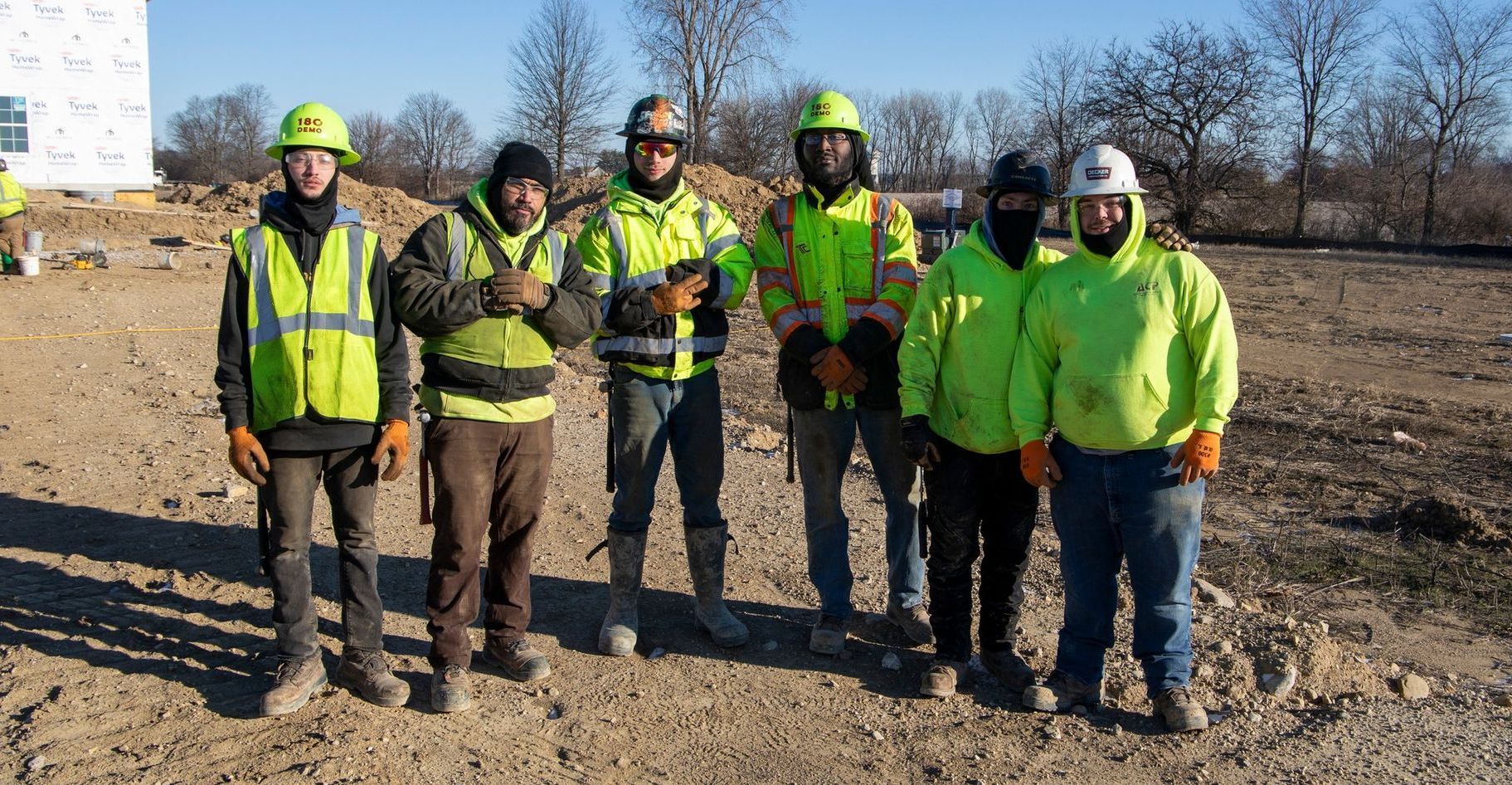How Vocational Work Fuels Progress in Addiction Recovery
The Benefits of Work in Addiction Recovery

Employment offers more than a paycheck. For those battling substance use disorders,
meaningful work can act as a catalyst for lasting transformation. In this article, we’ll explore how
vocational activities help recovering individuals reclaim their lives, maintain sobriety, and
prepare for a future free from self-destructive patterns.
The Benefits of Work in Addiction Recovery
A Firm Foundation for Self-Esteem
A consistent sense of purpose is often one of the first casualties of addiction. When the day’s
main objective revolves around seeking or using a substance, it becomes harder to think about
anything else. Reclaiming lost dignity and self-respect is easier when you’re devoting energy to
a new role. Punching a time clock and contributing to a team effort can help fill the emptiness
and remove the shame associated with past actions. Working also shows that you’re worthy of
responsibility, reminding you that a life beyond addiction is possible.
Responsibility and Accountability
A commitment to a daily work schedule supports accountability in a way few activities can.
Success on the job depends on punctuality, consistency, and steady productivity. Showing up
day after day reinforces personal discipline and reliability. Being responsible for your share of
the workload, even if it’s something as straightforward as handling customer orders or stocking
shelves, nurtures a sense of ownership in your recovery process. That sense of ownership spills
over into other areas of life, including fulfilling commitments to family, friends, and the broader
community.
Learning Transferable Skills
Many who grapple with addiction have limited work histories, or their skill set may be out of
date. Vocational programs and on-the-job experience close that gap by offering training in areas
that are relevant in today’s marketplace. Some individuals learn a trade, while others work jobs
and learn to show up on time, work a full shift, and do what is required of them. Regardless of
the type of work, these experiences carry forward into future opportunities. Skills, whether
taught or caught, are very often transferable, not just vocationally, but into everyday life.
Building Healthy Routines
Following a set routine can help replace the disorder that often surrounds substance use.
Adhering to a work routine means going to bed and waking up at consistent times, planning for
commutes, and scheduling personal errands around established hours. These daily rhythms
foster stability, reduce unstructured downtime, and discourage impulsive behavior. Busy
individuals are also less likely to dwell on cravings. A regular paycheck offers financial stability
that can alleviate stress, which is crucial in preventing relapse.
Forming Productive Relationships
Isolation can lead to negative thought patterns. A workplace offers a built-in group of peers,
supervisors, and mentors who can inspire healthy interactions. Developing connections through
shared tasks helps reduce feelings of loneliness, replacing them with a sense of camaraderie.
Communicating with colleagues, solving problems together, and celebrating victories on the job
all promote social skills that translate to improved relationships outside of work. Positive rapport
with fellow employees can also provide an added layer of motivation to remain sober.
Reshaping Your Identity
Addiction labels an individual as a substance user above all else. Vocational pursuits help
redefine that perception. By learning a trade or holding down a position, you begin to see
yourself as an apprentice, an employee, or a business owner rather than an addict. This
perspective shift can be a powerful tool in preventing relapse. People who identify themselves
as contributing members of a community often strive to maintain that role and avoid slipping
back into old habits.
Reducing Criminal Recidivism
Work programs have been shown to reduce the likelihood of continued criminal behavior among
individuals with addiction histories. When someone feels invested in legitimate career
prospects, the appeal of making money through illegal means often drops significantly. Earning
honest wages supports healthy self-esteem and strengthens community ties, fostering a long-
term commitment to sobriety.
Future-Oriented Mindset
Addiction narrows a person’s focus to immediate gratification. Vocational engagement
encourages planning for tomorrow’s successes instead of today’s escape. Looking ahead to
promotions, raises, and potential career paths sparks excitement for the future. That forward-
thinking attitude is critical for sustaining sobriety, as it shifts mental energy from old patterns to
new dreams.
Discover Lasting Hope at The Refuge
Men seeking a structured path to recovery can find a powerful resource at The Refuge. Our
faith-based community offers a four-phase model designed to promote addiction recovery and
physical, mental, and spiritual growth.
During Phase 3, known as the application phase, participants work 35-40 hours per week in
real-world positions. This step integrates the lessons of earlier phases into everyday life,
reinforcing the habits and values essential for long-term recovery. We also offer workforce
development programming with hands-on training and a remarkable 100% job placement rate!
By partnering with employers who recognize the importance of second chances, The Refuge
provides participants with the chance to grow, learn, and rebuild their lives in a purposeful way.
Work doesn’t just fill the hours; it expands horizons. Stepping into a responsible role in the
workforce can remind those in recovery that the past doesn’t have to dictate the future. When
men in The Refuge’s recovery program give their time and effort to a job, they’re not just
collecting a paycheck — they’re proving to themselves and those around them that a life beyond
addiction is within reach. Take the first step to change your life, and learn more about our
The Refuge is a leading faith-based, nonprofit addiction recovery ministry operating in Ohio. We
work to change the lives of men affected by addiction through Christ. Our goal is to take men
from active addiction to becoming responsible men of God who go on to serve as lights to their
families and communities. We do so through residential addiction recovery programs, which
have helped thousands of men free themselves from the chains of addiction and resurrect their
lives. If you or someone you know is struggling with addiction, get help at The Refuge. Or,
donate today to change lives and support total transformation.
